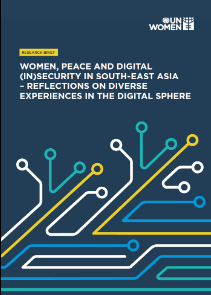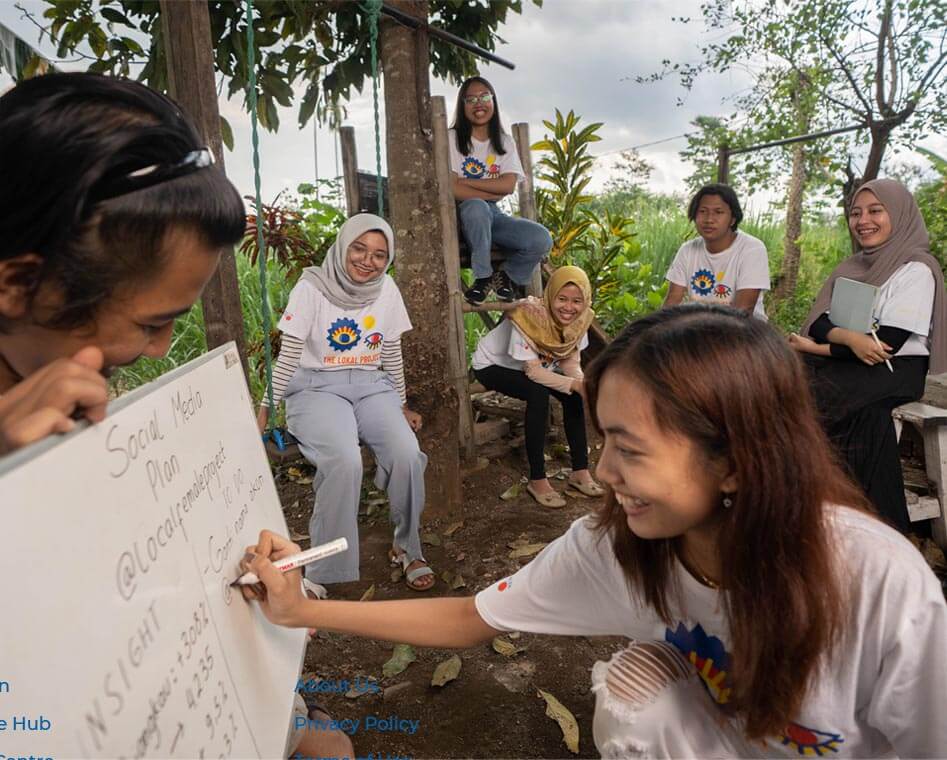
Research Brief: Women, Peace and Digital (In)Security in South-East Asia – Reflections on Diverse Experiences in the Digital Sphere
Publication Date: September 28, 2024
Total Pages: 40
Organization: UN Women
Languages: English
Country/Region: Southeast Asia
Topic Area: Gender equality and women’s empowerment, Peace and security, Technology
Year: 2024
Resource Type: Research, Briefs
Abstract
Women in South-East Asia face diverse online harms. This UN Women research brief seeks to better understand the digital security landscape in South-East Asia as experienced by women activists, human rights defenders, public figures and Internet users at large.
The insights and recommendations gleaned from the research are intended to better inform programming and regional and global policy- and decision-making related to the digital landscape, and to improve understanding of key cybersecurity concerns voiced by women in South-East Asia.
Recommendations
The research brief concludes that the systematic nature of online attacks to silence women’s voices and to discredit their work poses a significant obstacle to advancing gender equality, human rights and inclusive peace across the region. Concerted efforts are required to ensure that adequate protection and recovery services are readily available and to prevent incidences of technology-facilitated gender-based violence, its normalization and attempts to suppress online freedom of speech and expression.
As the WPS agenda evolves, its principles provide a foundation to advance safe and inclusive digital spaces while positioning women’s leadership at the centre of change-making processes. The three main recommendations are to:
- Undertake holistic and evidence-based strategies to effectively prevent, counter and respond to incidences of technology-facilitated gender-based violence, particularly in politically volatile and conflict- and crisis-impacted contexts.
- Advance knowledge, capacities and tools that ensure that women and persons with diverse sexual orientation, gender identity and expression and sex characteristics can safely and equitably lead the development and governance of ICTs and digital platforms, including advancing online civic engagement and digital peacebuilding.
- Ensure that cyber- and digital security laws, policies and strategies are gender-responsive, informed by principles underlying the Women, Peace and Security agenda, and adherent to international law and human rights obligations.
This research brief was made possible with the generous support of the Australian Government, under the Cyber and Critical Tech Cooperation Program, and the Government of the Republic of Korea as part of the project Women, Peace and Cybersecurity: Promoting Women’s Peace and Security in the Digital World. Developed by the UN Women Regional Office for Asia and the Pacific, the report expands on a study developed by Rebecca Emerson Keeler which documented South-East Asian women’s experiences with technology-facilitated gender-based violence.

